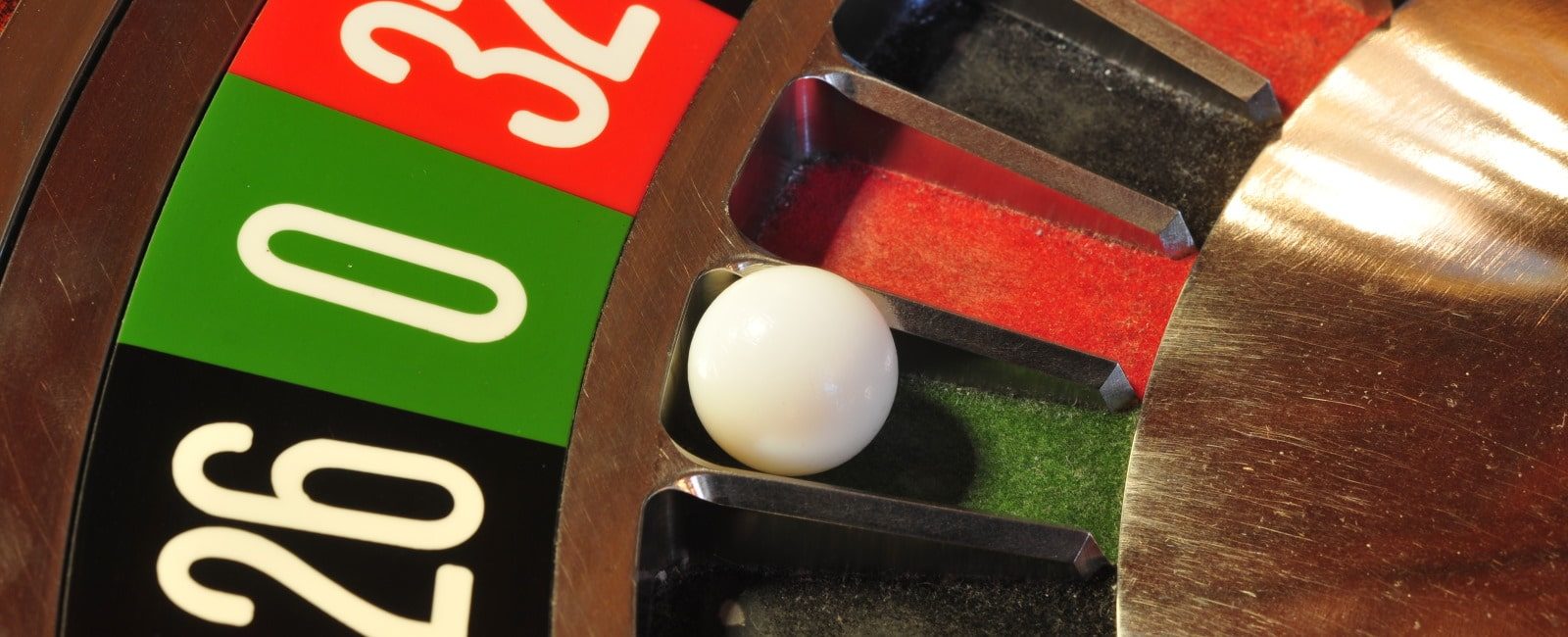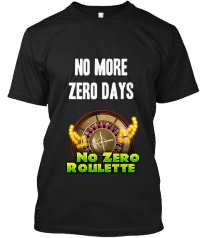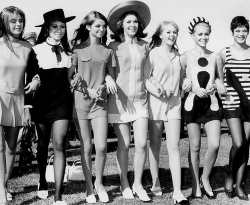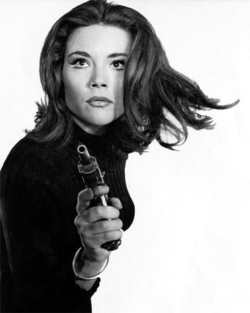Can you believe there was a time when there where no zeros on roulette tables in the UK?
No Green To Be Seen
Did you know that there was a time in the UK when the zero was banned in roulette? OK, this is not as severe as in some parts of the world where the game has been banned completely (leading to the development of alternatives like California Roulette for example), but even so.
The zero is the pocket that gives the house its edge of course. It’s that pocket that pays for the lights and the salaries in the casino (not to mention the free drinks). When you stick a chip on red and play a 50/50 bet, you are forgetting that there is a green zero pocket on the wheel which the ball may drop into, and if it does, the chips go to the house (unless you are playing French roulette with La Partage, where the house at least reduces the pain by giving you half of your bet back).
If you head over to Nevada, you will more than likely be playing on an American Roulette wheel, and that has 2 green pockets- one “0” and one “00”.
And it was this pesky little pockets that the House of Lords took umbrage with in 1967 in the United Kingdom, when they decided that having a zero pocket and paying out 35:1 on a single number bet was just not cricket.
No Zeros!
Next came the powers that be from Scotland Yard who informed casinos in Mayfair and beyond that they would prosecute anyone operating a wheel with a number zero. London was to be a red and black town with no green to be seen. There are still places you can play no zero roulette of course. Betfair is your best option if you are playing online.
The Law Lords problem was the following: if a punter made a bet on a single number on the wheel and won, he’d be paid out at 35:1 and get his bet back. But there were 37 pockets on a single zero roulette wheel, so the odds were actually 37:1. If the pay-out had been 36:1, everyone would have had an equal chance of winning (the bank and player).
That zero gives the house a 2.7% advantage by the way. Stick another zero in and it goes up to 5.4%, so the house is clawing back just over a fiver on average every time a hundred quid is bet.
If you play French roulette with La Partage (even money bets) you can get that house edge down to 1.3% by the way, which is why we always recommend even money bets players to find “une table de roulette” where possible, in their thickest Normandy accent.
Even though the house edge in British Roulette is small, it’s key for the casinos as without it they can expect to only break even. And that’s before they take out the cost of running their businesses. Who was going to pay for the croupiers and the free drinks?
The Betting and Gaming Act 1960
Before The Betting and Gaming Act 1960, gambling in the UK had been essentially illegal. The 1960 law was poorly written and encouraged a flood of betting shops and gambling houses to spring up.
The Betting & Gaming Act 1960 was meant to ban commercial gaming but allow private gaming, the main lever being that all players were to have an equal chance- but the wording was wooly and stated that “it would be legal where “…gaming is so conducted that the chances therein are equally favourable to all the players”.
That word “favourable” ended up being the word that spawned banker’s games such as roulette where the house has an edge.
Casinos could skirt around the badly written law by offering players the bank (with its huge financial liabilities) or by charging for each session of gambling, eg even just one spin of the roulette wheel (roulette having been made equal chance gaming by the removal of the zero).
For example in this Crickitt v. Kursaal Casino, (April 1 1968) it’s stated that every half an hour the croupiers were obliged to inform the punters that anyone could take the bank after any spin of the wheel. Kursaal Casino argued that this gave the players and the house an equal chance of winning. Is this the Rendezvous Casino in Southend now? Could be, it’s pretty close to Kursaal Way.
Many casinos just stocked French roulette, with single zero wheels. When the ball landed on zero the house and player split the stake (here you have the origin of La Partage in the UK), interestingly it has evolved so that only bets on the even money areas like red, black are shared when the ball settles in the green pocket.
So in 1967, when the House of Lords ruled that no zeros were allowed in roulette, the industry went into an apoplectic shock.
The 1968 Gaming Act
Cue, the 1968 Gaming Act which was drawn up to clear up the mess.
These new licensing rules, included a “fit and proper persons” test, designed to weed out the shady operators from the industry. Gaming clubs and casinos would now be permitted to stock roulette wheels with a zero. The new law stipulated that a small edge was OK as a way of running the business and making a profit.
Summary
So there you have it- with the benefit of a time machine, you could travel back to the sixties and go and find some no zero roulette clubs. But you’d probably have to pay for each spin. And there’d be no freebies!






